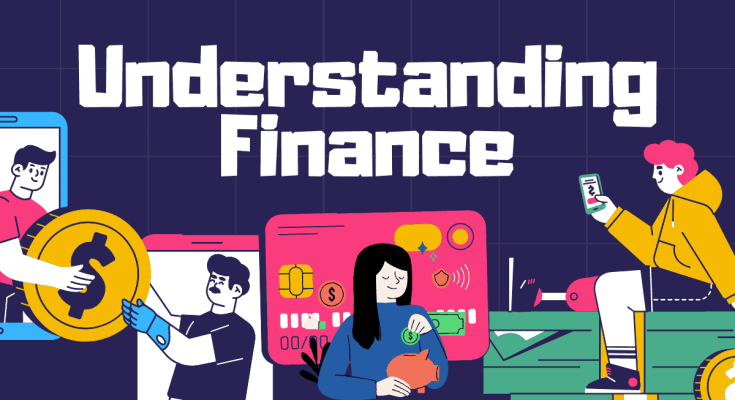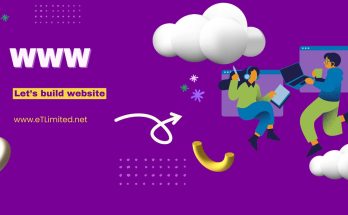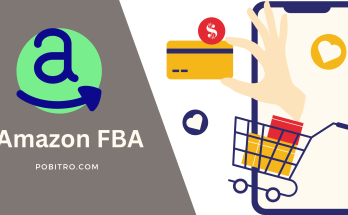Money is a one of the essiential part of our daily lives—from buying lunch to saving for the future. Yet, most of us grow up learning more about algebra than how to manage a bank account. Strange, isn’t it?
When I first started earning, I had no idea how to budget, save, or invest. Like no one ever told me about rainy days apart from my family and friends always reminder me do not expense more rather save for the future and yet I made mistakes. Big ones. And I kept asking myself:
Why didn’t anyone teach me this earlier?..
🎓 The Reality: We’re Financially Unprepared
Let me ask you something:
Did your school (not colleges or universities while your reading business studies; accounting, finanace) ever teach you how to file taxes?
Open a bank account?
Avoid debt traps?
If you’re like me, the answer is probably “no.”
Most of us are taught to earn money, not to manage it. That gap creates financial anxiety, poor choices, and a cycle of living paycheck to paycheck.
📚 What Personal Finance Lessons Should Look Like
Imagine if every school taught these basics:
- Budgeting – How to track income and expenses
- Saving – Why saving early makes a huge difference
- Credit & Loans – How interest works and how to avoid debt traps
- Investing – Basics of stocks, mutual funds, and compound interest (Bank Saving)
- Taxes – Understanding how income tax works and how to manage.
- Emergency Funds – Preparing for the unexpected.
Wouldn’t that be more useful than memorizing chemical or physics formulas you’ll never use again?
🌍 Why It’s More Important in Bangladesh
In Bangladesh, many young adults are starting side hustles, freelancing, or working abroad. But very few understand:
- How to manage their remittance
- How to use digital payment systems responsibly
- Why “loan apps” can be dangerous event credit card if manage in wrong way.
This lack of education leads to financial stress and exploitation. We need to normalize talking about money—starting in schools.
👨🏫 My Suggestion: Start with the Basics, Early
I believe classes on personal finance should start as early as class 6 or 7. No complex theories—just simple, real-life topics:
- “How to save your pocket money”
- “What happens when you borrow”
- “Why your future self will thank you for saving today”
These ideas aren’t just useful—they’re empowering.
🧠 What I’ve Learned Personally
The very first thing I have learn so far is keeping the record of all transaction. Other than that most important is habit. Make the habit for follow the finanical rules.
Here are 3 small habits that changed my financial life:
- Tracking every expense in an app (google sheets, microsoft execel, even notebook is good to go)
- Saving at least 10% or more of every income—no matter how small (For me yet not do able but I’m trying)
- Reading one finance blog a week (like Investopedia or The Financial Diet)
These don’t require a finance degree—just awareness and discipline.
🗣️ Final Thoughts
Teaching kids about money is not about turning them into bankers.
It’s about giving them confidence and control over their future.
If schools won’t do it, maybe we—parents, bloggers, educators—should start the conversation ourselves.
💬 What Do You Think?
Should personal finance be part of our school curriculum?
What would you have wanted to learn about money as a student?
Let me know in the comments or share this post to start a discussion.


